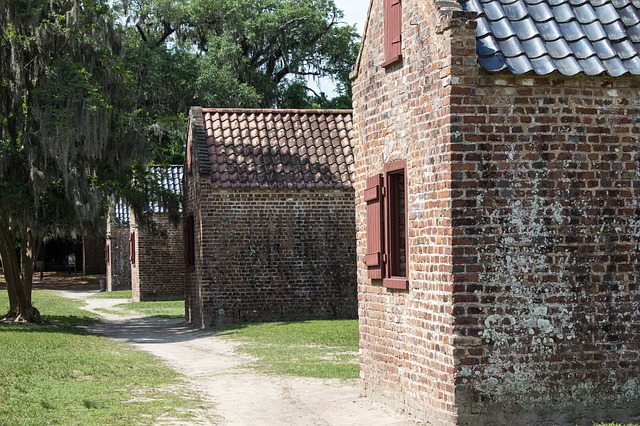
Book review: Forced Founders
about the so-called “Founding Fathers”…
Book review:
Forced Founders:
Indians, Debtors, Slaves
& the Making of the
American Revolution in Virginia
by Woody Holton
Williamsburg, VA: the Omohundro Institute of Early American History and Culture, 1999.
256 pages
Holton offers a backstory to the drive by Virginia’s elite political leaders to support the Declaration of Independence and the rebellion against England. He argues that Indians, slaves, merchants and small farmers, each in their own sphere, exerted influence on Washington, Jefferson and other Virginia leaders that helped to motivate their advocacy for independence.
Holton provides rich detail as he explores the obvious and not-so-obvious relationships of these interest groups, and as he describes the not wholly successful effort of the powerful landowners (in many cases, they were also land speculators) to achieve and expand their control of the factors of production: land, capital and labor.
Holton is at his most persuasive when he details circumstances in which the interests of the elites were more or less congruent with the interests of the generally disenfranchised but nevertheless potent subordinate classes who occupied their colonial world.
Forced Founders supports and enlarges our understanding that the so-called “Founding Fathers” were not a monolithic group motivated exclusively by patriotic fervor for independence.
Book review. Copyright © Richard Carl Subber 2016 All rights reserved.
Book review:
American Scripture:
Making the Declaration of Independence
…basically, it’s trash talk to King George
by Pauline Maier
click here
-
Writing Rainbows: Poems for Grown-Ups with 59 free verse and haiku poems,
and the rest of my poetry books are for sale on Amazon (paperback and Kindle)
and free in Kindle Unlimited, search Amazon for “Richard Carl Subber”
